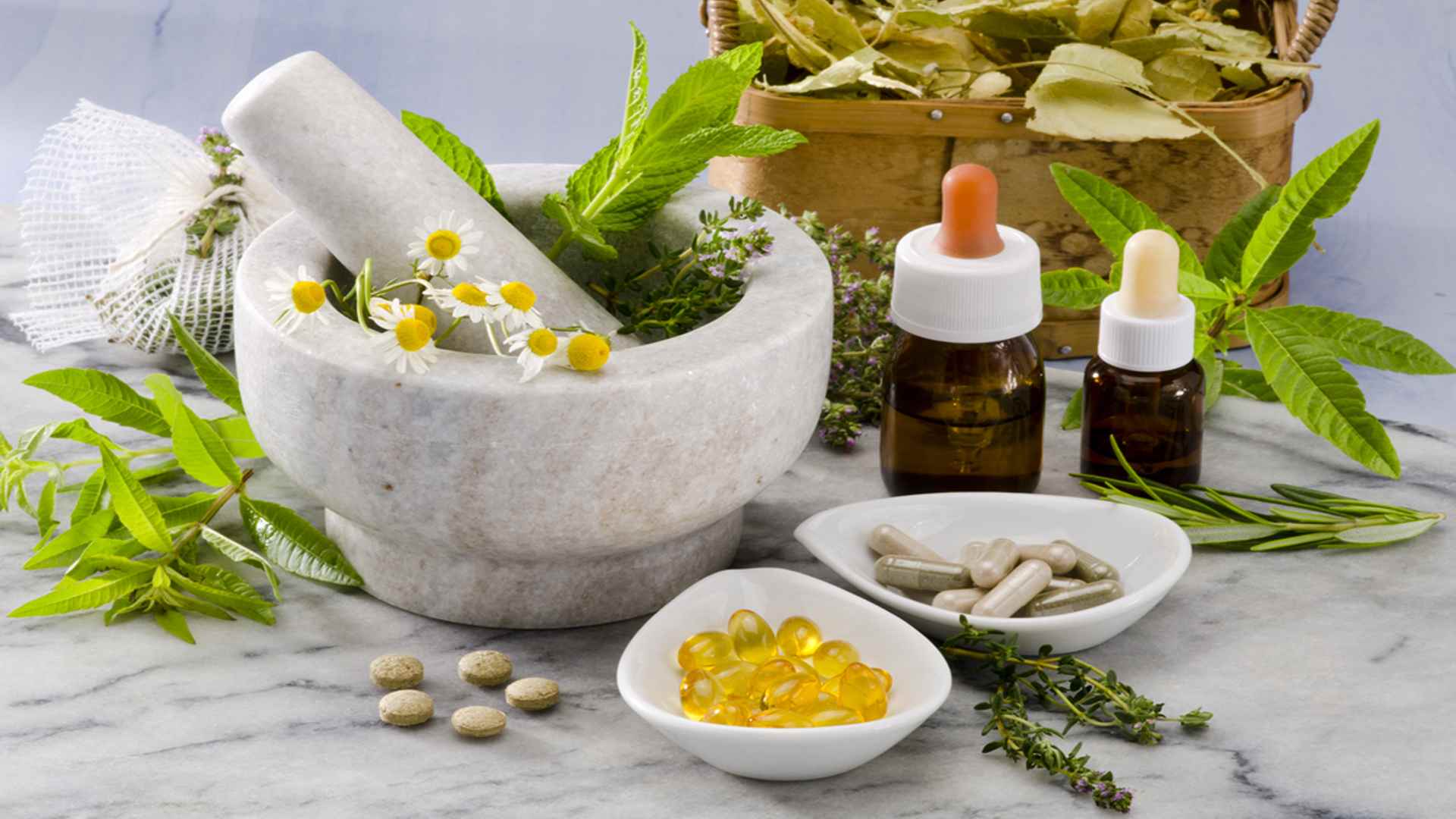Address
6050 N 9th Ave Suite D Pensacola FL 32504
Work Hours
Mon: 10am – 6pm
Tues: 10am – 6pm
Wed : 9am – 4pm
Thurs: 9am – 12pm
Fri - Sat- Sun: Closed
Address
6050 N 9th Ave Suite D Pensacola FL 32504
Work Hours
Mon: 10am – 6pm
Tues: 10am – 6pm
Wed : 9am – 4pm
Thurs: 9am – 12pm
Fri - Sat- Sun: Closed

Holistic medicine is essentially a whole-body approach to health care. It aims to enhance health and well-being through the whole body, mind, and spirit. In most cases, holistic medicine blends traditional medical practices with alternative and complementary medicine (CAM) techniques. For example, massage, acupuncture, Chinese medicine, meditation, stretching, and strengthening are common components of holistic health care.
The goal of holistic medicine is to treat the whole person, and not just the symptoms. Holistic practitioners and healers use a variety of modalities, such as counseling, education, diet, exercise, herbal remedies, traditional Chinese medicine, hydrotherapy, naturopathy, traditional Indian medicine, psychology, sociology, and other disciplines, in the attempt to heal the mind and body. By working on the whole person, these practitioners hope to achieve optimum health. Many of the methods used in western medicine are somewhat similar to holistic medicine. For instance, many doctors treat symptoms rather than diseases.
Holistic health and medicine focus on prevention rather than healing. Prevention consists of learning what triggers the disease and illness and learning to avoid those conditions. For example, if you get up in the morning with a headache, you may want to try some herbal medicine or a few yoga poses. If you find that stress and anxiety are aggravating your headaches, you might want to do some deep breathing exercises, or start taking a stress management class. An excellent holistic medicine practitioner can teach you how to reduce your stress levels and make you a happier person.
The concept of holistic health care goes way back to ancient times. Hippocrates, the father of Western medicine, wrote about the “good bacteria” in his 2nd book. He believed that our bodies were designed to heal themselves. In other words, we did not need to put chemicals in them to kill the “bad bacteria”, and to increase the “good bacteria”.
One of the most common treatments found in holistic medicine is called detoxification. Detoxification is done by flushing out toxins from your system using natural herbs and plants. There are different techniques used depending on where the toxins come from. Some come from eating highly processed foods, drinking polluted water, being overweight, or being exposed to toxic agents through pollution. In other cases, toxins are from being around harmful environmental elements such as chemicals produced by factories, pesticides, and radioactive fallout from outer space.
A holistic medicine doctor may also recommend lifestyle changes that are part of the healing process. These can include adopting a healthy diet and incorporating exercise into your daily routine. A holistic doctor may also recommend alternative therapies such as acupuncture, acupressure, meditation, reflexology, herbal remedies, homeopathy, nutritional counseling, hypnosis, and other more conservative treatments such as surgery, drugs, and medications.
Acupuncture and massage have been used for thousands of years and have been shown to be very effective in improving the health of the whole person. They are often referred to as Oriental medicine and are part of the traditional Chinese medicine system. The whole-person approach is meant to “balance” the mind and body through the promotion of good health and well-being. Acupuncture and massage do this in a very natural way.
Holistic approaches to medicine are becoming more popular among individuals who are looking for alternatives to conventional western medicine. These natural therapies are less expensive and more accessible than traditional western medicine. If you are suffering from a chronic health condition, holistic approaches may be right for you.
The biggest difference between an Oriental doctor and a traditional medicine practitioner is the training. Oriental medicine practitioners go to school to learn how to perform the various procedures. During their training, they are taught about all the benefits of the different approaches to medicine and how to promote better health. Oriental doctors spend two or three years learning to perform these procedures. While this is true of most naturopathic doctors, there are some that choose to continue their education later on. In order to be able to practice medicine, a doctor must obtain a graduate degree in an appropriate field.
Nutritional counseling and hypnosis may seem relatively new to most people. However, these practices have been around for many years. Nutritional counseling is a relatively new idea that is being used by naturopathic doctors to help patients deal with common health problems such as constipation. Hypnosis has been around for a long time and is used by many to improve their overall well being.
Although acupuncture is fairly new to most people, it has been around in China for thousands of years. Acupuncture is also used by many naturopathic doctors to help patients with a wide range of ailments. Chinese herbal medicine and the practitioners believe that if you are going to avail of any form of treatment, you should first consult with a qualified doctor. If you do not do so, you could potentially cause more harm than good. Many traditional doctors do not believe in the effectiveness of acupuncture. In fact, many of them strongly oppose the use of any form of alternative medicine, especially when dealing with serious illnesses.